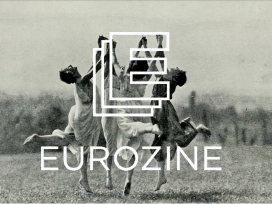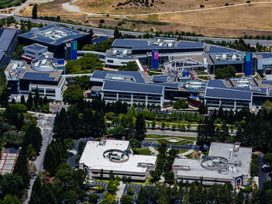As the EU’s response to the Snowden leaks converges with European data protection reforms, new debates on privacy emerge at the European level: and the burning issue remains that of trust. Simon Garnett rounds up the latest developments to coincide with Data Protection Day 2014.
Why data won’t redeem us
Introducing Gagarin, the Eurozine podcast
What does the worship of big data have to do with positivism, and how does friction help create resistance? Philosopher Miriam Rasch talks about her essay in the inaugural episode of Gagarin, the new Eurozine podcast.
Gagarin, the Eurozine podcast is going to be a series of conversations with authors and editors from throughout Europe and beyond. Our 90+ partners are journals, magazines and associates from Belgium to Belarus, from Norway to Bulgaria, publishing literature and analyzing politics, reflecting on culture and bringing diverse voices to a joint conversation.
Please subscribe to the podcast and leave a review so that more people can find us. You can also subscribe to our weekly newsletter, so you’ll always know what’s worth thinking about.
Published 17 July 2020
Original in English
First published by Eurozine
© Eurozine
PDF/PRINTNewsletter
Subscribe to know what’s worth thinking about.
Related Articles

Prized possessions
Ágnes Heller, Krzysztof Michalski, Miriam Rasch and the wisdom we borrow
Dataism is the new positivism, promising to make humans more effective. But we’ve seen horrific attempts at perfecting humans before. Instead, we need a better understanding of differences, and the wisdom that lies in the love of life.





